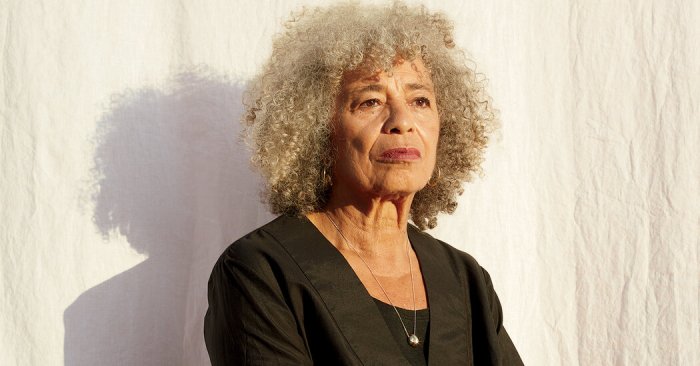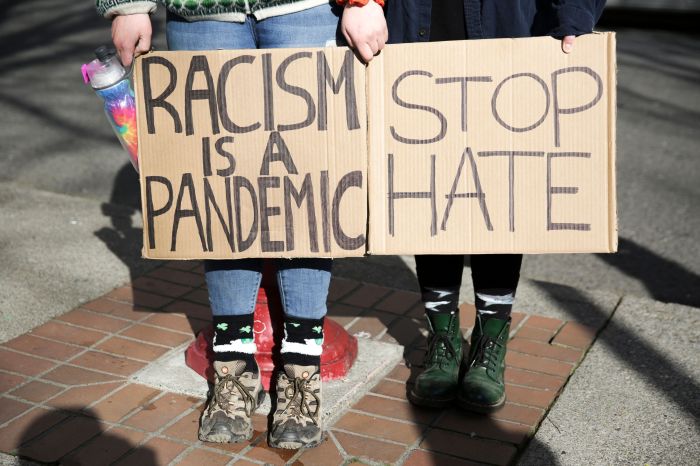As Angela believes that race relations in America takes center stage, this opening passage beckons readers into a world crafted with scholarly authority, ensuring a reading experience that is both absorbing and distinctly original. The content that follows provides a comprehensive overview of race relations in America, including historical context and current challenges.
It discusses the impact of systemic racism on individuals and communities and shares statistics and data that illustrate the disparities faced by different racial groups.
This Artikel delves into Angela’s personal experiences and observations that have shaped her beliefs about race relations. It discusses how her experiences have influenced her activism and advocacy work and provides quotes or excerpts from Angela’s speeches or writings that reflect her views on race.
The Artikel explores the intersectionality of race with other identities, such as gender, class, and sexual orientation, and discusses how multiple marginalized identities can compound experiences of discrimination. It provides examples of how Angela’s work addresses the intersectionality of race and other forms of oppression.
Race Relations in America: Angela Believes That Race Relations In America

Race relations in America have a complex and often tumultuous history, marked by both progress and setbacks. The legacy of slavery, Jim Crow segregation, and other forms of systemic racism has left a profound impact on the lives of African Americans and other minority groups.
Despite the passage of landmark civil rights legislation, racial disparities persist in various aspects of American society, including education, housing, employment, and criminal justice. These disparities are often rooted in systemic racism, which refers to the ways in which racial prejudice and discrimination are embedded in laws, policies, and institutions.
Angela’s Perspective
Angela Davis, a renowned activist and scholar, has been a vocal advocate for racial justice for over five decades. Her personal experiences as a black woman in America have shaped her profound understanding of the challenges faced by marginalized communities.
Davis’s work has focused on the intersectionality of race, gender, and class, highlighting how multiple forms of oppression can compound experiences of discrimination. She has argued that true racial justice requires a comprehensive approach that addresses all forms of systemic oppression.
Intersectionality and Identity
Angela Davis’s analysis of race relations emphasizes the importance of intersectionality, recognizing that race does not exist in isolation from other aspects of identity, such as gender, class, and sexual orientation.
Intersectional approaches to racial justice acknowledge that individuals may experience multiple forms of discrimination based on their overlapping identities. For example, black women face unique challenges at the intersection of racism and sexism, while LGBTQ+ people of color experience discrimination based on both their race and sexual orientation.
Solutions and Strategies, Angela believes that race relations in america
Angela Davis advocates for a range of solutions to improve race relations in America. These include:
- Education: Promoting education about the history of racism and its impact on society.
- Policy changes: Enacting policies that address systemic racism, such as ending mass incarceration and reforming the criminal justice system.
- Community engagement: Empowering marginalized communities to participate in decision-making processes and create solutions that address their needs.
Helpful Answers
What is Angela’s perspective on race relations in America?
Angela believes that race relations in America are characterized by systemic racism and that this racism has a profound impact on the lives of Black Americans.
How has Angela’s personal experiences shaped her beliefs about race?
Angela’s experiences as a Black woman in America have given her a firsthand understanding of the challenges and discrimination faced by Black people.
What strategies does Angela advocate for to improve race relations?
Angela advocates for a range of strategies to improve race relations, including education, policy changes, and community engagement.


